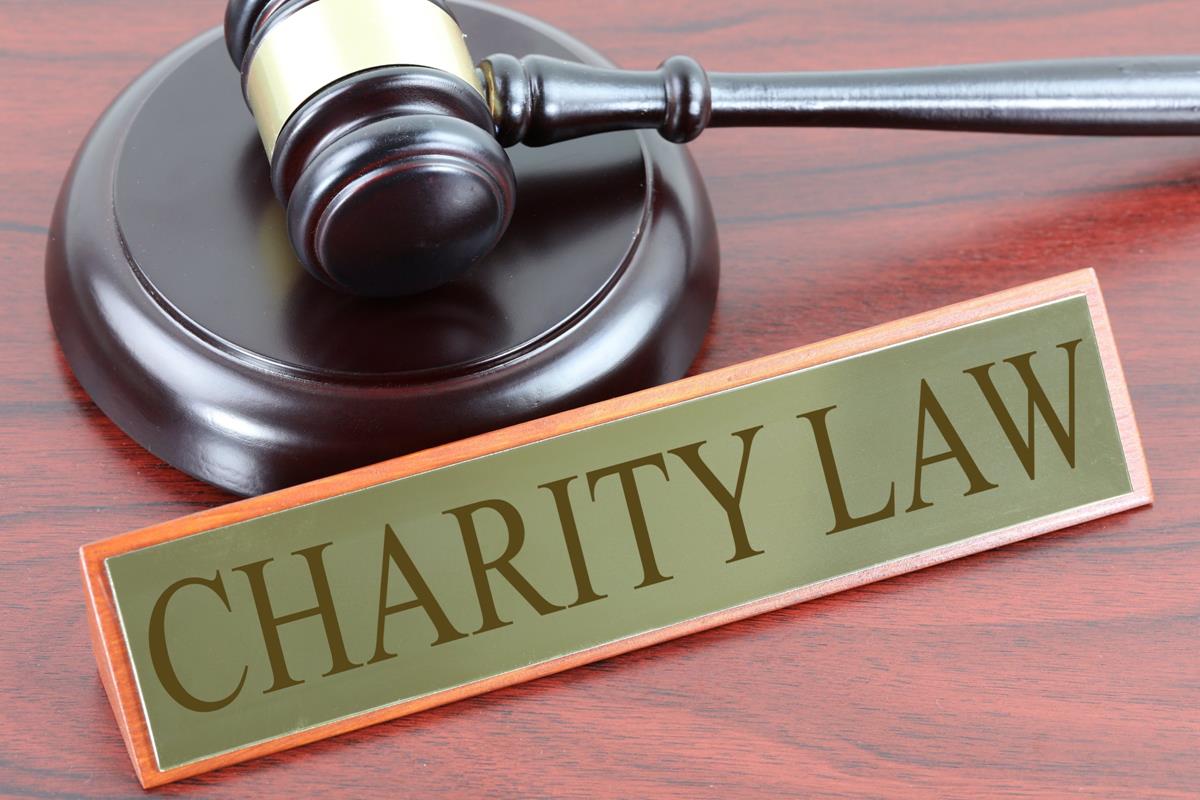As there’s no end in sight regarding the pandemic, charities are playing a bigger role than before: having food, clothes and hygiene products is no guarantee, especially if you got laid off and have other people to look after. And pennies can only stretch so far, so even some who were doing alright before the pandemic have now found themselves queueing for free food and other essentials. Some of those charities have a religious affiliation, which can make it hard to receive help, mainly due to the fact people feel uneasy to get help from a religious group whom they’re not part of, even if this feeling is totally unnecessary. When the pandemic first hit Finland, my local student union published a list of charities that would offer food aid to students. Among them were local churches. They made it abundantly clear that Christian conviction is no requirement. The world of religion and state handling each other’s money is complex and often the bad things get more coverage.
Different religious organisations, be they Christian, Muslim or Buddhist, claim that it’s a religious duty to help those in need. Buddhists have the concept of dāna in which you’re supposed to give however much you can. Muslims have zakat, which is one of the most central duties of the adherents provided they are not themselves in need. Christians have either a collection plate or tithing, the latter of which isn’t really used anymore. To take part in any of this is more or less voluntary but there’s a religious incentive to give: when you give, you receive blessings that will in turn help you in other areas of your life or alternatively make your afterlife better.
Many places of worship, however, get notable sums of money through taxing their members. Europe has several examples of this. In places like Germany and Finland, you pay a tax if you’re a member of a particular church. In both countries, the churches receiving money this way provide quite a few things of value other than religious services. In places like Italy, they have a tax called eight per thousand, meaning you’ll pay 0.8 percent to a religious organisation (listed by the government) or to the Italian state that then contributes to charity.
In Asia, different religious charities do a bit more hands-on work. In some countries, they’re not that close to the state but they do work together. In Taiwan, a Buddhist charity called Tzu Chi has partnered with companies TSMC and Foxconn trying to secure Covid vaccines for the Taiwanese people as Taiwan has fallen short on the governments end. In Bangladesh, people have been concerned over the private ambulance companies that have become lucrative businesses even before the pandemic. So, a Muslim charity called Anjuman Mufidul Islam has offered free ambulance transportation for the needy people of Dhaka, which has definitely become a salvation during the pandemic.
In America, people often talk about the tax exempt status. I’m once again promoting John Oliver who made a piece about this in 2015. In it, he founded his own church that registered as a non-profit corporation in Texas, which he described as ”disturbingly easy”. And the American system gets much coverage due to tax exemption and the fact that churches don’t have to disclose the income of their workers (aka priesthood and other leaders), which in turn leads to them living a lavish lifestyle. But I’m not arguing that all churches should lose all tax exemption everywhere. That would hurt those who depend on them the most. There is no perfect system and there’ll always be those who try to take advantage of the system. And society should hold those misusing these systems accountable.
There are cases where anybody with a brain can see that the system is exploited. Like I said, some religious organisations have a way too glamorous lifestyle compared to the one they preach about. A liberal person can also be a religious person, or irreligious person. What matters is that you are your own person and are willing to hold everyone accountable to the same and fair extent. The reason why we talk more often about the abusers of religion and their tax exemptions is because bad news stick. A ton of good stories goes unnoticed because they’re what we expect e.g. a church to do. And most of them don’t even do it for the publicity, although good publicity would bring new donations. Should religious organisations be taxed? No. Should they report their finances in a transparent manner? Absolutely. Should you contribute to a religious organisation? Maybe; it depends on whether or not you have the means to contribute and a reason to believe that your contribution can actually help.
Tax exemptions in any form are a privilege on the tax payers’ money, not a right. These tax exempt operators don’t have to contribute to the common good through money as they’re already supposed to do it by other means. Since it’s this easy, it shouldn’t be that hard to take those privileges away when necessary. And it should be in the best interest of these charities, with or without a religious affiliation, to co-operate in the fullest extent in order reach out the needy and draw in possible new donations. I have written about charitable work here before and I still encourage you to go through your closet, take all those clothes you don’t use anymore, wash them and give them to the charity of your choice.

